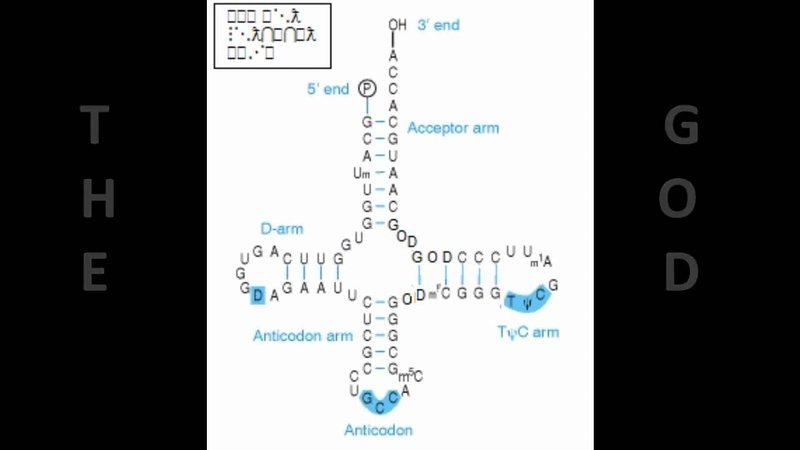· Apologetics > Apologetics and Unbelievers > Skepticism · 4 min read
God's Sacrifice Revealed: Ultimate Act of Love
Explore the profound theological question: Did God sacrifice Himself? Delve into the complexities of divine sacrifice in this thought-provoking article.

Did God Sacrifice Himself?
Throughout Christianity, there is a belief that God sacrificed Himself in order to save humanity from sin. Some may question why God would create a rule that requires sacrifice and then sacrifice Himself to satisfy that rule. Others may wonder how it makes sense for God to sacrifice Himself. To understand this concept, it is important to have a clear understanding of God’s nature and character.
The Triune Nature of God
One common misconception is the idea that God sacrificed Himself to Himself. This misunderstanding arises from conflating the Father and the Son within the Trinity. In actuality, while the Father and the Son are distinct persons, they are both part of the triune nature of God. The Son accomplished the will of the Father and laid down His life as a satisfaction for sin (John 7:33, John 17:4, Romans 5:8). It was the Son, not the Father, who died as a sacrifice.
The Nature of God’s Law
Another misconception is that God simply made up the requirement for sacrifice as a way to atone for sin. However, God’s Law is not something arbitrarily created by Him. Instead, it is an extension of His holy nature. The Law is a reflection of who God is and His standards of righteousness and justice. When God revealed His Law to us, He was not inventing morality; He was revealing Himself and the unalterable, eternal reality that exists when we depart from Him - which leads to death. The consequences of sin are not imposed by God as a punishment, but rather they are a natural result of rebelling against the source of life.
The Unchanging Nature of God’s Law
God’s Law flows from His unchanging nature and character. It is firmly fixed in the heavens (Psalm 119:89). Just as we cannot change our DNA, God cannot set aside His wrath at sin. Justice and wrath are foundational to His sovereign rule of the universe (Psalm 97:2). Without justice, He would not be God. Sin is measured against an objective standard that is rooted in God’s holiness and perfection. Sin is anything that opposes His nature. It is not simply a matter of God disliking certain thoughts or actions; it is a matter of those thoughts or actions contradicting who God is.
The Consequences of Sin
As sinners before a holy God, we face sure judgment - eternal separation from Him, which is eternal death. If God were to lay aside His wrath at sin and not give us what sin requires, He would cease to be just. However, out of His great love and mercy, God provided a way for justice to be satisfied and salvation to be extended. He sent His one and only Son, Jesus Christ, to die on the cross for our sins (John 3:16).
The Cross: Justice and Mercy
At the cross of Christ, perfect justice and perfect mercy meet. On the cross, sin and injustice were punished as Jesus, the Son of God, bore the condemnation for sin. Through Christ’s sacrifice, the penalty of sin was satisfied, allowing the Father to extend His mercy to undeserving sinners. The crucifixion demonstrated both God’s justice in punishing sin and His mercy in providing salvation through faith in Jesus Christ (Romans 3:26). It was through this perfect act of sacrifice that God’s love for humanity was fully expressed.
Why This Matters
Understanding the concept of God sacrificing Himself is essential because it reveals the depth of God’s love for us and His desire to reconcile us to Himself. It demonstrates that God’s justice and mercy are not conflicting attributes but rather harmonious aspects of His character. Through Christ’s sacrifice, we can find forgiveness for our sins and have a restored relationship with God.
Think About It
Consider the significance of both justice and mercy in your own life. How does the concept of God’s justice being satisfied through Christ’s sacrifice impact your understanding of His love and forgiveness? How does this understanding shape your relationship with God and your interactions with others? Take time to reflect on the incredible depth of God’s sacrifice and how it transforms your perspective on grace and redemption.



